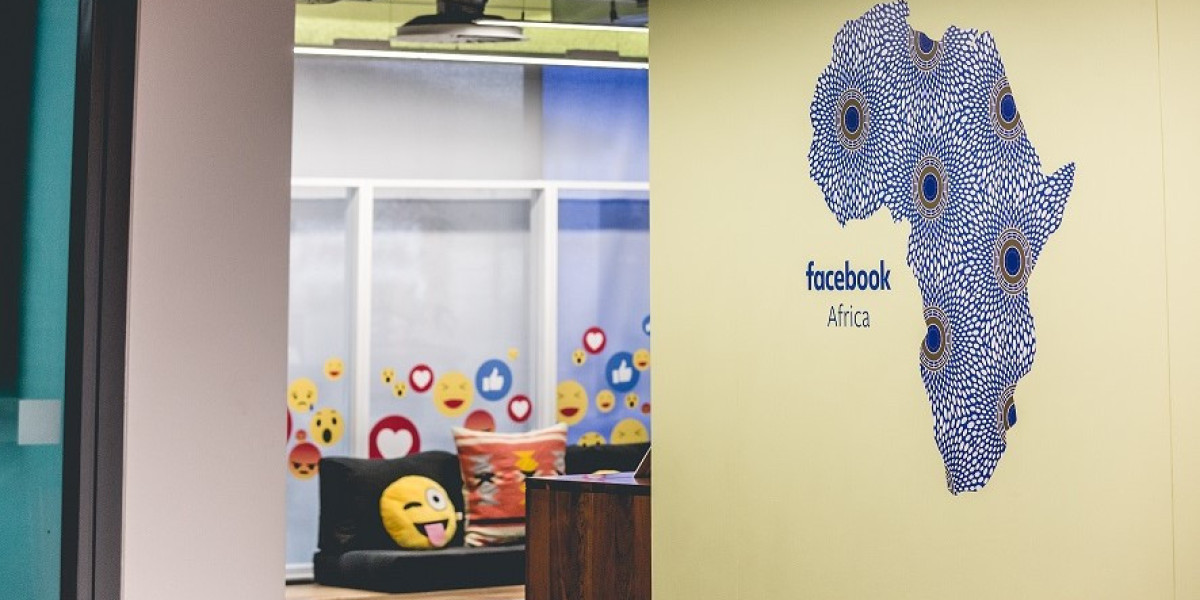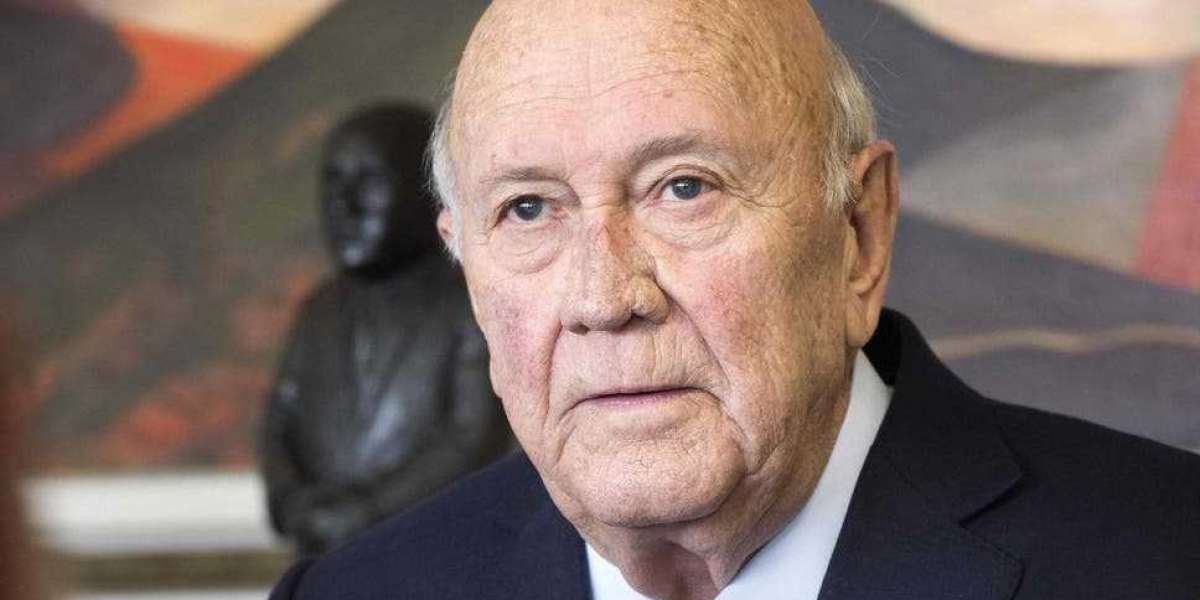Nick Clegg, Meta's President of Global Affairs, highlights the company's efforts in training officials and implementing strategies to ensure the integrity of information on its platforms.
In preparation for the 2024 South African elections, Meta, the conglomerate behind social media giants Facebook, Instagram, and WhatsApp, has joined forces with the Independent Electoral Commission (IEC) to safeguard against misinformation. Nick Clegg, Meta's President of Global Affairs, emphasized the company's proactive stance in mitigating the spread of false information that could potentially influence electoral outcomes.
In a statement to the Business Times, Clegg outlined the extensive measures undertaken by Meta to equip the IEC and other stakeholders with the necessary tools and knowledge to navigate the digital landscape effectively. This includes providing guidance on utilizing social media platforms responsibly and leveraging technologies such as WhatsApp bots to disseminate reliable information about the electoral process to South African citizens.
Acknowledging the challenges posed by emerging technologies like generative AI, Clegg affirmed Meta's commitment to implementing robust safeguards to prevent the misuse of such tools for malicious purposes. He stressed the importance of collaboration among industry leaders, citing Meta's participation in a voluntary agreement with other technology companies to address the proliferation of misinformation.
During the 60th annual Munich Security Conference, Meta, along with prominent ICT giants including Adobe, Amazon, Google, IBM, Microsoft, TikTok, and OpenAI, formalized their commitment to combatting misinformation and ensuring the integrity of digital discourse. Clegg underscored the significance of identifying and addressing the origins of synthetic content, emphasizing the need for proactive measures to detect and mitigate potential threats.
Despite concerns surrounding the use of AI-generated content to manipulate public opinion, Clegg noted that previous elections had seen minimal disruption attributable to such technologies. However, he cautioned against complacency, highlighting the dynamic nature of the digital landscape and the need for constant vigilance.
In light of South Africa's upcoming elections scheduled for May 29, 2024, Meta's collaboration with the IEC assumes paramount importance. With nearly 370 political parties vying for participation and the introduction of independent candidacy, the electoral landscape presents both opportunities and challenges.
However, the election period has not been without controversy, as evidenced by recent data leaks involving parliamentary candidate lists. While President Cyril Ramaphosa sought to reassure the public regarding the integrity of the IEC's systems, the incidents underscore the importance of robust data protection measures and regulatory oversight.
In a significant development aimed at facilitating broader participation, South Africans residing abroad now have the option to register and vote online for the national elections. The introduction of this online voter registration system represents a significant step towards inclusivity and accessibility in the electoral process, with over 30,000 registrations recorded within the first few months of its implementation.
With Meta's proactive initiatives and collaborative efforts with electoral authorities, South Africa is poised to navigate the complexities of the digital age and uphold the integrity of its democratic processes amidst evolving technological landscapes.








